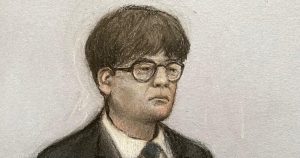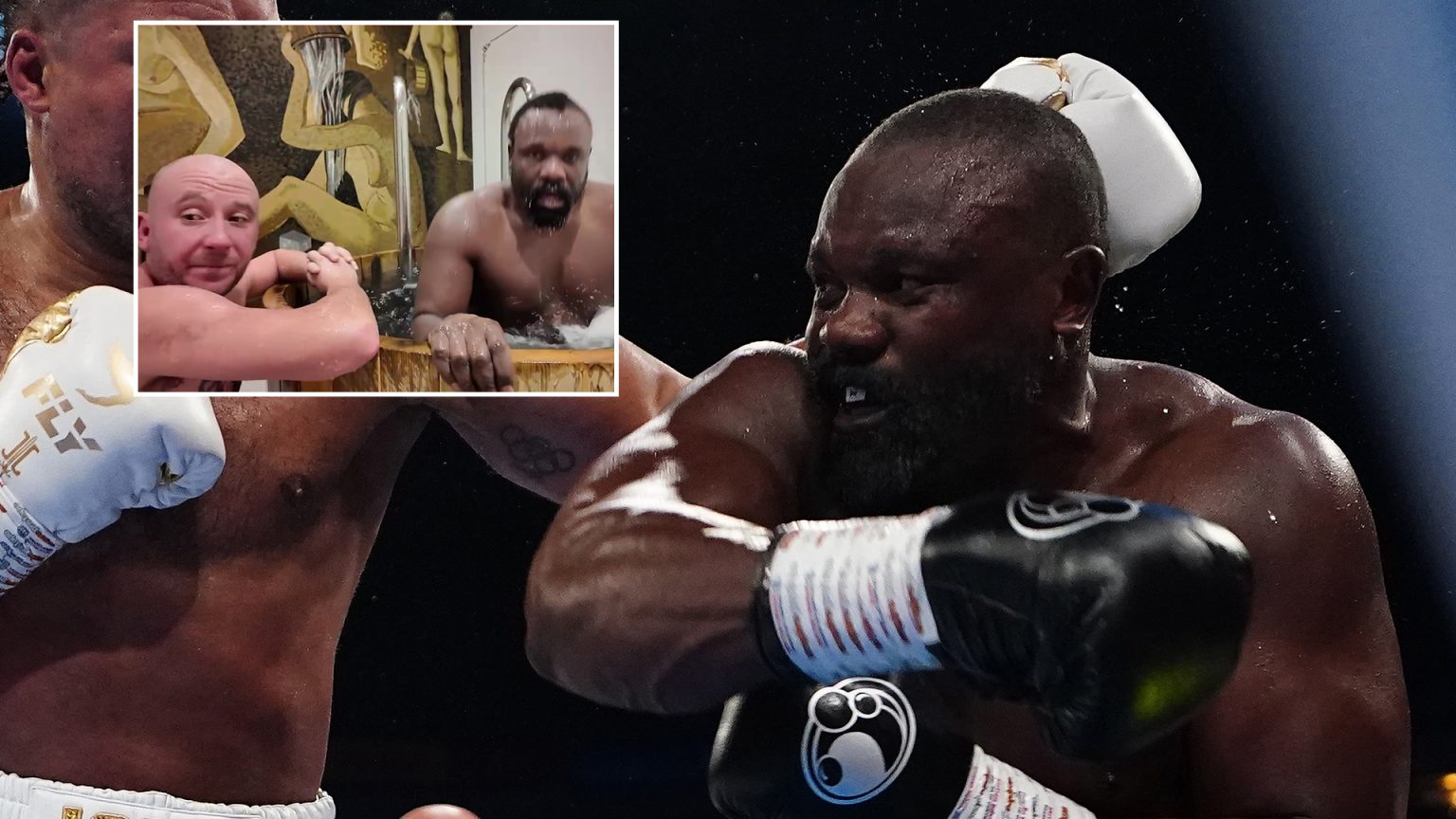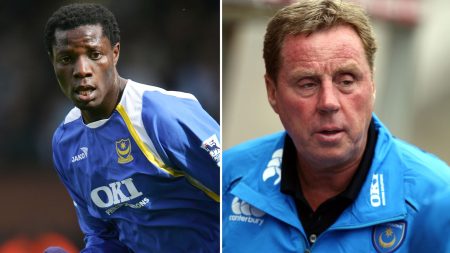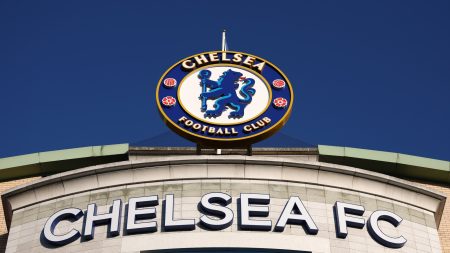Derek Chisora, the 41-year-old boxing veteran, is preparing for his penultimate fight against Otto Wallin, marking the beginning of the end of his illustrious, albeit tumultuous, 18-year career. With 49 professional bouts under his belt, Chisora plans to retire after his 50th fight, a symbolic exit for a warrior who has consistently faced formidable opponents, never shying away from a challenge. His career has been a rollercoaster, punctuated by controversial decisions, losses to opponents accused of doping, and countless battles that have tested his physical and mental fortitude. Yet, despite these setbacks, Chisora remains remarkably devoid of bitterness, focusing instead on the well-being of his daughters, Angelina and Harare, and his beloved mother, Violet. He has secured their futures, building a life beyond the ropes, ensuring their stability as he prepares to exit the demanding and often unforgiving world of professional boxing.
Chisora’s complex relationship with boxing is evident in his candid assessment of the sport. He labels it a “scumbag sport,” a world populated by individuals often drawn to it from challenging circumstances. Yet, his use of the term “scumbag” isn’t loaded with malice; it’s a term of endearment, a reflection of the peculiar camaraderie within this demanding and often brutal profession. He acknowledges the paradoxical nature of boxing: a sport that offers the potential for immense wealth, yet often attracts those from impoverished backgrounds, those seeking an escape from challenging circumstances. He contrasts boxing with sports like tennis and horse racing, which require significant financial investment, highlighting boxing’s accessibility to those from less privileged backgrounds, a “poor man’s sport” offering a potential pathway to financial security.
Chisora’s resilience and durability, while admirable, have also been a source of concern for fans and observers. These traits, which have enabled him to withstand punishing blows and endure grueling contests, raise concerns about the long-term neurological impact of his career. With heavyweight titles now out of reach, his legacy as a cult hero solidified, and his financial future secure, many within the boxing community have voiced their hopes for his retirement, motivated by genuine concern for his well-being. They recognize the toll that years of absorbing punches can take, and fear the potential for long-term health issues, particularly dementia pugilistica, a debilitating neurodegenerative disease often associated with repeated head trauma.
The fighter, however, remains defiant, dismissing calls for retirement as insincere and self-serving. He argues that these calls are often driven by a desire for those expressing them to feel good about themselves, rather than genuine concern for his welfare. He asserts that the only people whose opinions truly matter are his mother and his children, the individuals who bear the weight of his well-being. He maintains his autonomy, emphasizing that the decision to retire rests solely with him, a decision he will make on his own terms and in his own time. He has earned the right to dictate the terms of his exit from the sport, a testament to his years of dedication and sacrifice.
Chisora’s perception of the boxing world is one of inherent distrust. He views the calls for his retirement as performative, a display of superficial concern that belies the underlying indifference prevalent within the sport. He challenges the sincerity of these concerns, suggesting that the majority of those voicing them are not genuinely invested in his well-being. This cynicism, honed over years of navigating the often-cutthroat world of professional boxing, underscores his belief that self-preservation is paramount in a sport where loyalty and genuine care are often fleeting. He recognizes that his well-being ultimately rests in his own hands, not in the hands of those who claim to have his best interests at heart.
Despite his cynicism, Chisora’s upcoming fight against Otto Wallin holds significance. It represents not only a step closer to his self-imposed retirement but also an opportunity to further solidify his legacy. Each punch thrown, each round endured, adds another layer to the narrative of a fighter who has consistently defied expectations and challenged conventions. His final fight, the 50th of his professional career, will be a culmination of years of dedication, sacrifice, and unwavering determination, a final act in a career marked by resilience, controversy, and an enduring love-hate relationship with the “scumbag sport” that has defined his life.











